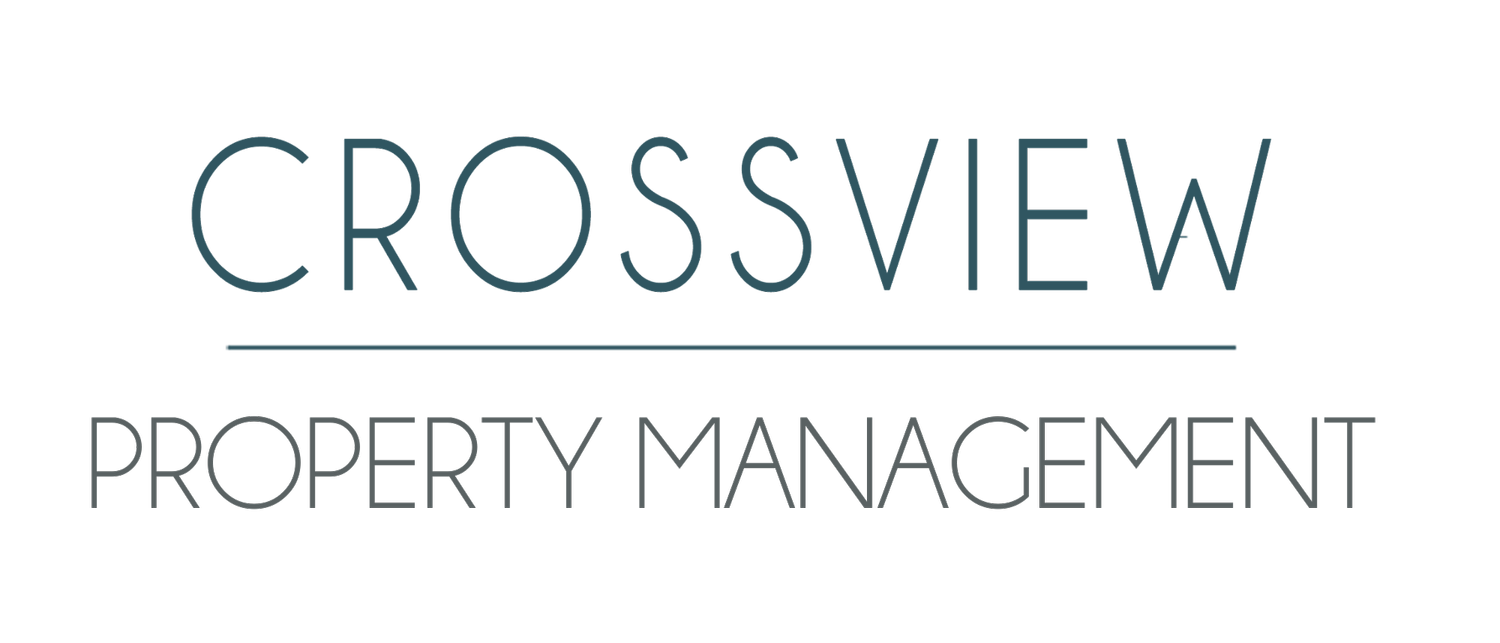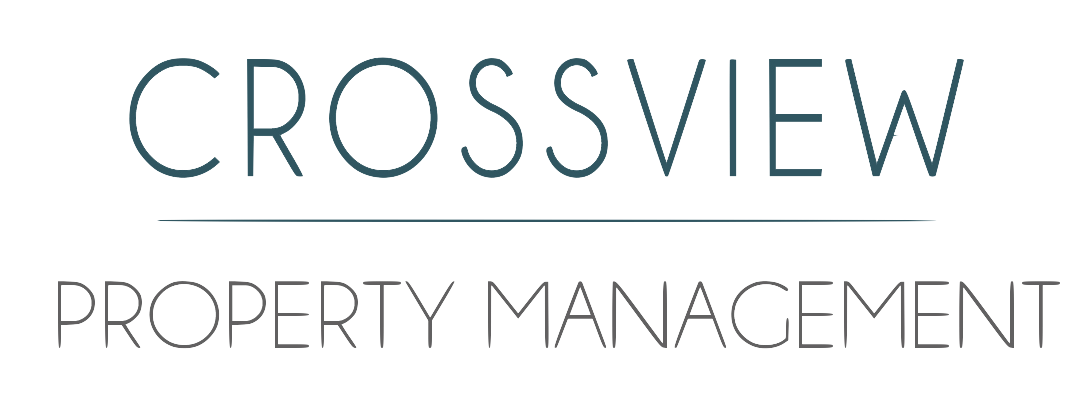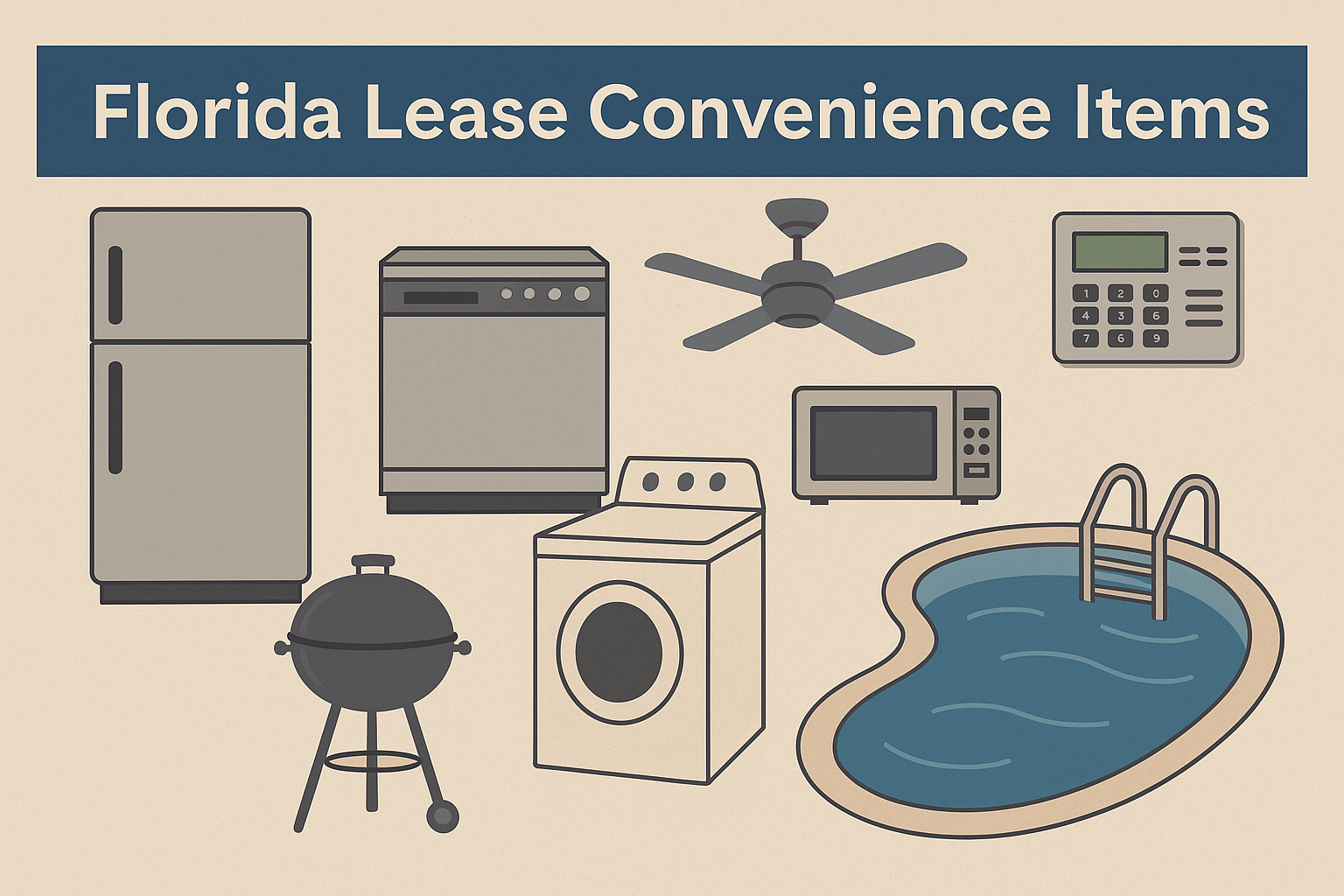What Are “Convenience Items” in a Florida Lease?
Opening Question:
When you include appliances or extras in your rental property, are they considered part of the lease—or just a “bonus” for the tenant’s use?
Snippet Answer:
In Florida, “convenience items” are features provided for a tenant’s benefit that are not legally required for habitability. While they can make a rental more appealing, they also come with repair and maintenance considerations that you, as the landlord, should plan for in the lease.
Defining “Convenience Items” Under Florida Law
Florida law requires landlords to provide certain basics to make a property habitable—things like running water, hot water, heat during winter, functioning plumbing, and safe structural conditions (per Florida Statute § 83.51).
Convenience items are not part of that habitability standard. Instead, they’re extras you choose to provide, often to make the rental more competitive or comfortable. If one of these items stops working, you may not be legally required to replace it unless your lease says otherwise—but this is exactly why your lease language matters.
Typical Convenience Items in Florida Rentals
Refrigerators
Dishwashers
Garbage disposals
Washers and dryers
Ceiling fans
Microwaves
Swimming pools or hot tubs
Outdoor grills
Ice makers
Security systems
While some of these—like a refrigerator—may feel essential in modern rentals, they are still considered “convenience items” under Florida law unless explicitly tied to the property’s habitability in the lease.
Pros of Including Convenience Items
1. Market Appeal
Offering appliances or extras can help your property stand out in a competitive rental market. A unit with in-home laundry or updated appliances may rent faster.
2. Higher Rent Potential
Convenience items can justify a higher asking rent, especially in desirable areas of Jacksonville where tenants expect more amenities.
3. Tenant Satisfaction
Well-maintained extras can improve tenant comfort, which may lead to longer lease terms and lower turnover.
Cons of Including Convenience Items
1. Repair Costs
If your lease commits you to maintain or replace these items, you’re taking on additional repair expenses. A broken washer can quickly cut into monthly profits.
2. Disputes Over Responsibility
If the lease doesn’t clearly state who handles repairs or replacements, disagreements can arise. Even though Florida law doesn’t require you to maintain these items unless agreed upon, tenants may expect you to handle it.
3. Increased Liability
Some items, like pools or grills, carry safety risks. If you provide them, you may need additional insurance or maintenance protocols.
Lease Language Is Key in Florida
If you choose to provide convenience items, your lease should clearly answer:
Who is responsible for repairs?
If you intend to provide the item “as-is” and not maintain it, say so clearly.What happens if the item fails?
State whether you will replace it, remove it, or leave the decision up to you.Are tenants allowed to replace the item themselves?
Decide if you’ll allow a tenant to purchase and install their own replacement—and who owns it when they move out.
Without this detail, you risk the item becoming an implied obligation even if Florida law doesn’t require it.
Best Practices for Florida Landlords
Do a cost-benefit analysis before offering any extras.
Document the condition of each convenience item in the move-in inspection.
Be consistent—don’t promise repairs to one tenant and refuse them for another in similar circumstances.
Review your insurance policy to ensure coverage for higher-risk amenities like pools or grills.
Final Takeaway
In Florida, convenience items can help attract quality tenants and justify higher rents—but they also create potential repair costs, disputes, and liabilities. By clearly defining these items in your lease and setting repair responsibilities upfront, you protect your investment and avoid confusion.
Property management is hard enough—partner with someone who stays on top of Florida law changes and works to maintain your investment. Complete our Contact Us form or call us at 904-855-7933 to learn more about how CrossView Property Management in Jacksonville, FL, can work for you.


